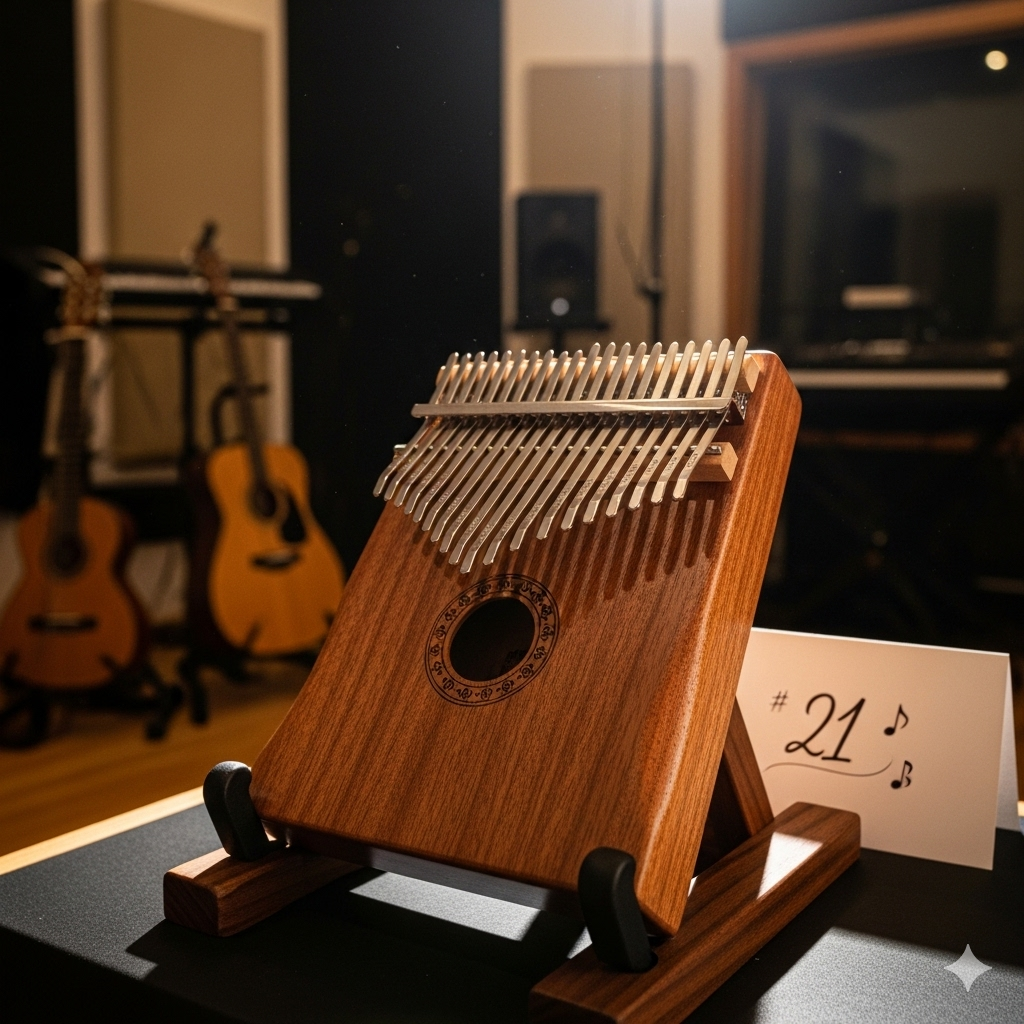Why the Master 21-Key Kalimba is the Next Milestone in Your Musical Journey

If you’ve been playing a 10-key or 17-key kalimba—comfortable with simple melodies and basic chords—but often feel limited by its range or unable to play certain sheet music, then the Master 21-Key Kalimba may be the upgrade you need. This instrument from MoralGain is crafted with outstanding tonal quality, wood finish, and resonant box design, making it an ideal choice for intermediate and advanced players. Below, we’ll cover why it’s worth owning, along with playing tips and insights into who it’s best suited for.
Key Features and Design Highlights
-
21 Keys for a Wider Range
Compared to the 10-key or 17-key versions, the 21-key extends further into the bass range. This lets you play more complex pieces, add rich low-end notes, and enjoy a fuller overall sound. -
Resonant Box for Deeper Sound
The Master series features a professional resonant box design rather than a flat board. Each plucked tine resonates fully within the wooden body, creating layered tones with long sustain. -
Choice of Premium Woods
-
Beechwood + Sapele: Lighter wood grain, bright and crisp tones.
-
Walnut + Maple: Warm coloring with fuller bass, perfect for expressive playing.
-
-
Designed for Intermediate and Advancing Players
MoralGain positions this model as a “milestone” for those who have mastered the basics and want more flexibility for complex arrangements. -
Ideal for Practice, Recording, and Stage
With its rich resonance and clear tone, this kalimba works not only for practice but also for recording sessions, live streaming, or even stage performance.
Who It’s Best For
The Master 21-Key Kalimba is especially suited for:
-
Players upgrading from 10-key or 17-key who want a broader range.
-
Musicians who enjoy arranging songs with fuller bass and layered sound.
-
Those willing to invest in a durable, high-quality instrument.
-
Performers who need reliable tone projection for recording or stage.
Challenges and Tips
| Challenge | How to Handle It |
|---|---|
| Bigger size/weight | Use a protective case; be mindful when transporting. |
| Adjustment period | Practice transitions between low and high notes; be open to adapting sheet music. |
| Higher price point | Consider it an investment in sound quality and durability. |
| Wood care needed | Keep away from humidity; clean and oil the wood surface as needed. |